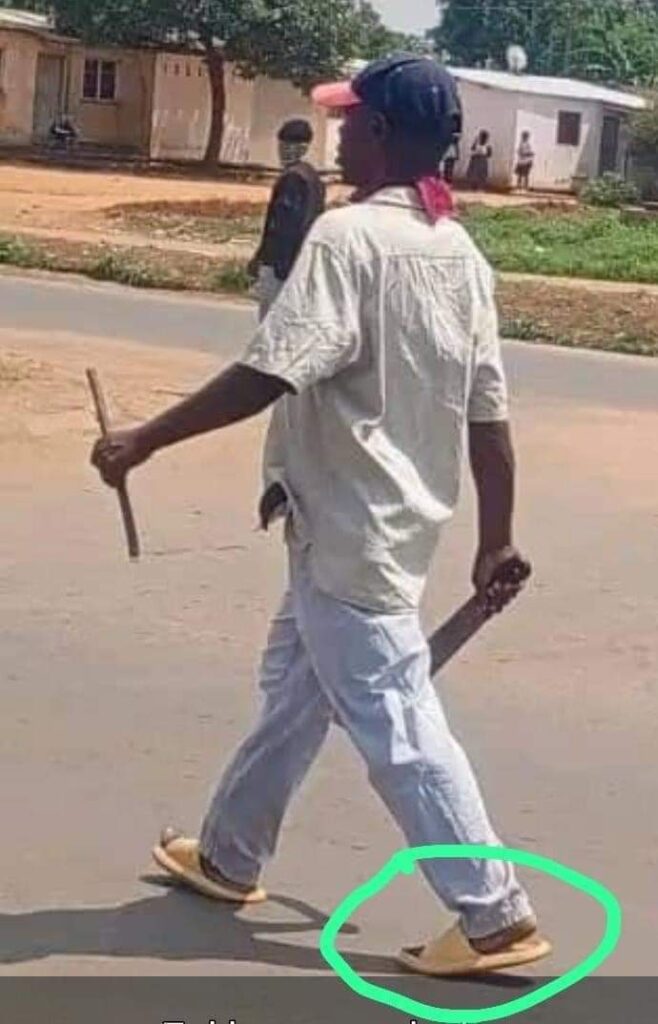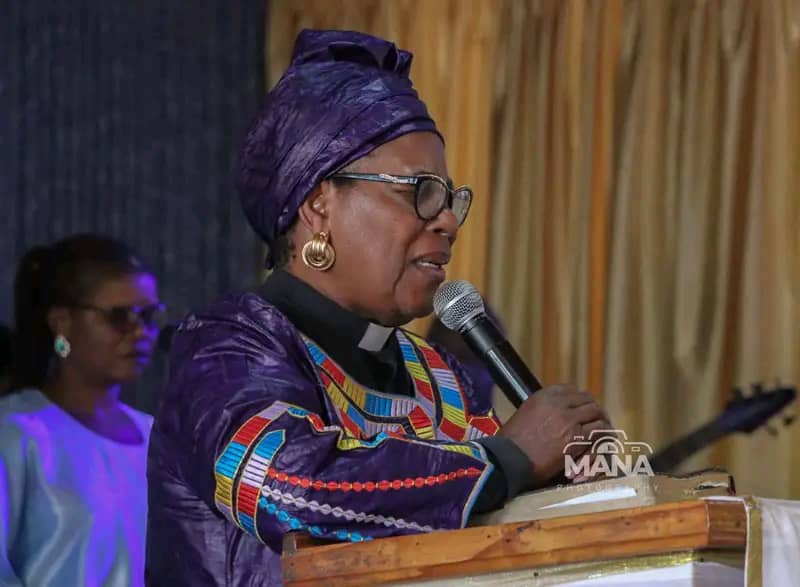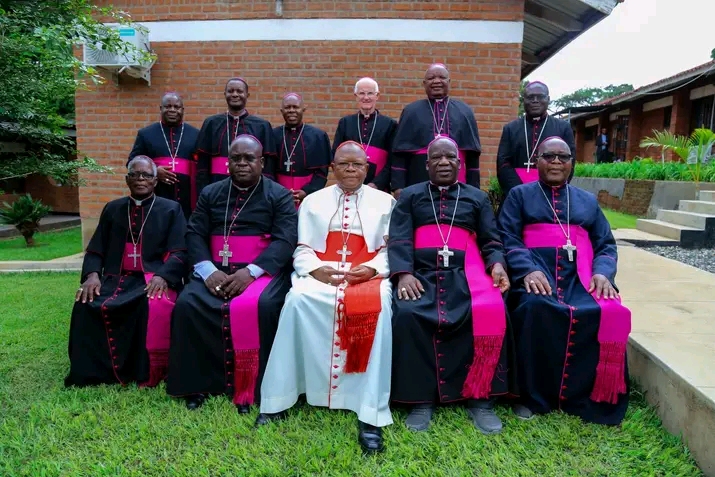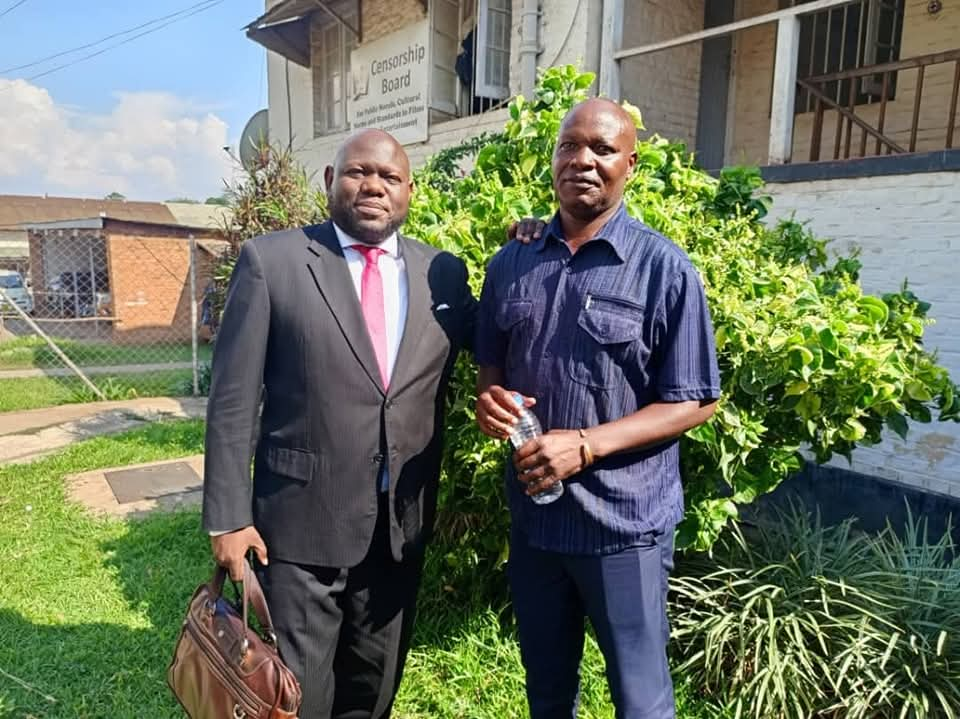By Burnett Munthali
On Wednesday, 13 November, a group of individuals was spotted openly defending the Malawi Congress Party (MCP) government, despite facing extreme poverty and hardship. Strikingly, many of these defenders were seen without shoes, an image that starkly highlighted the extent of their financial struggles. This paradox has raised concerns about the disconnect between the government’s promises and the harsh realities faced by the country’s most vulnerable citizens.
While the MCP government continues to assure the public that it is working tirelessly to improve the economy, the growing poverty among many Malawians, particularly those in rural areas and urban slums, suggests otherwise. These individuals, despite their severe economic struggles, continue to back the government, a situation that reflects deep-rooted challenges in addressing the nation’s economic woes.
This group of defenders, though clearly impoverished, remains loyal to the MCP, despite the government’s inability to create substantial changes in the economy. Many of these people are stuck in a cycle of poverty, with little access to jobs, education, or basic services that could improve their livelihoods. The lack of economic opportunities has made them increasingly reliant on government promises, even if those promises remain unfulfilled.
It is unclear whether their support is based on political loyalty, fear of political persecution, or the hope that, somehow, things will improve under the current administration. Whatever the reasons, this situation illustrates the frustration and vulnerability of the people who are most affected by the government’s failure to address the real economic challenges faced by millions.
The government’s inability to deliver tangible results in economic growth, job creation, and the reduction of poverty has left many citizens disillusioned. However, the fact that some of the poorest members of society continue to support the MCP, despite their suffering, raises important questions about the role of political narratives, patronage, and the manipulation of loyalty in Malawi’s current political climate.
The sight of people with no shoes defending a government that has not been able to change their lives for the better is a powerful symbol of the disconnect between political leadership and the reality of the people it claims to serve. It is a reminder that, for many Malawians, the promises of economic transformation have not been met, and the government’s failure to address the needs of its people may lead to increased frustration and political instability in the future.
As Malawi approaches the 2025 general elections, it is crucial that the government takes a hard look at the growing economic inequalities and the very real struggles of its citizens. Economic reform, job creation, and addressing basic human needs must be prioritized if the government is to maintain the support of the people, especially those who are struggling the most.




